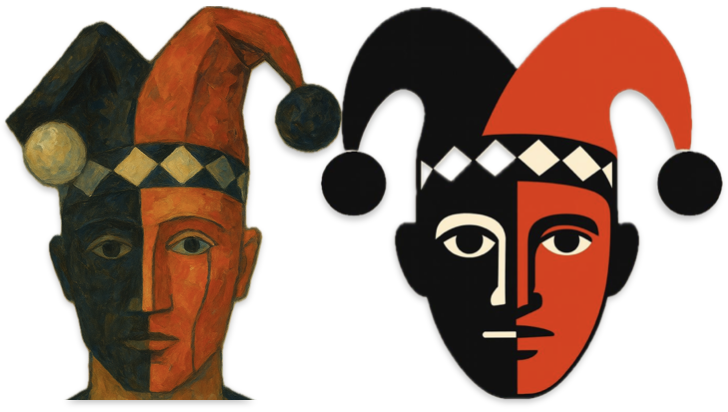Often, I prefer the poetry that delves into the depths of our existence by trying to find a language to describe it that’s both beautiful and equally brutal. I rarely like poetry for its smart and well made layers of meaning— that’s often just there to make the writer feel intelligent, and give bored people a sense of accomplishment in understanding them. I usually like poetry for its ability to slaughter the petite; the fragile picture carefully constructed [by the poet]. I like a poetry for its daring to be grotesque, explosive, raw. A poetry willing to sacrifice itself. A poetry ready to abandon the void of unnecessarily convoluted imagery. Sometimes, trying to find a certain clarity of language is hardest— especially so for a way of speaking such as poetry; in which the urge to show reality through poetic constructions in an attempt to lay it bare, the poet so often actually conceals it for anyone unwilling and unable to decipher their precious poems to the point of seeing what the poet intended us to see. Or in the attempt to make something higher (above and beyond our existing world), the poets, in their urge to create something beautiful, lose themselves in trying to write a poem that transcends not only the world, but itself, too. When trying to speak to our souls, I prefer the poetry that doesn’t mind to be blunt, and isn’t scared to be emotional. I want a poetry that balances the hard-found clarity of powerful direct meaning, with the indirect in-depth meaning created through imagery and metaphor that can paint different shades of thoughts and things to persuade you into seeing in a certain way, but that isn’t enslaved to the either form.
Everyone can write in a way that’s difficult to understand. A poem is easily abstracted from its intended meaning, and this is good— it allows us to appreciate poetry in many different ways and on separate levels. But it is also easy to detach poetry entirely from what someone wanted to say, and the same is true for those writing it, and this can happen by over-constructing it. Either this accidentally happens in trying to find original images and metaphors and losing oneself in them— cluttering all clarity of what the poet actually tried to say in the effort; or purposefully made vague by insecure writers who only want to hide a poem’s inherent lack of meaning— (different from using it as chosen style serving the poetry itself, as of course poetry doesn’t need any meaning to be poetry). The former is understandably an inherent part of any writers’ life, and that is always the ongoing struggle with language that reoccurs and continues in everything written. The latter is often just the annoying, cumbersome rubbish of people who value appearing intelligent and witty over writing something meant to convey some kind of message to others. They only use the poem as a tool through which to achieve that goal by speaking in a difficult, hard to follow language meant to lift them above all those who fail to understand it.
There is no reason necessary for poetry to exist.
Of course; enough can be said about me simply being too impatient to appreciate a way writing and reading poetry that’s more intimately constructed through the use of intricate (or far-fetched…) metaphorical images with its meaning delicately layered into them.
Poetry can be whatever the writer wants it to be, and all poetry can be however it is and still exist as such; to me any labels put unto it are useless, and all arbitrary rules some think it should follow are meaningless. Whatever poetry I like is entirely dependant on my mood.
